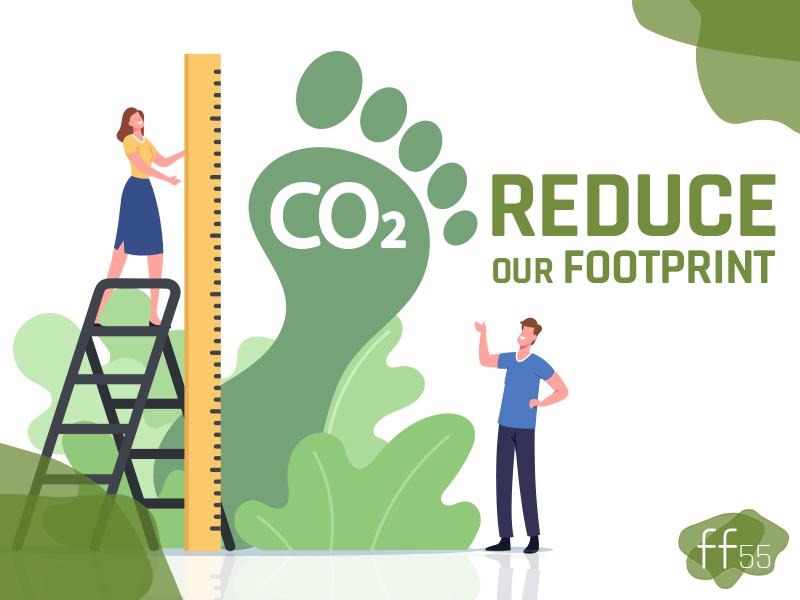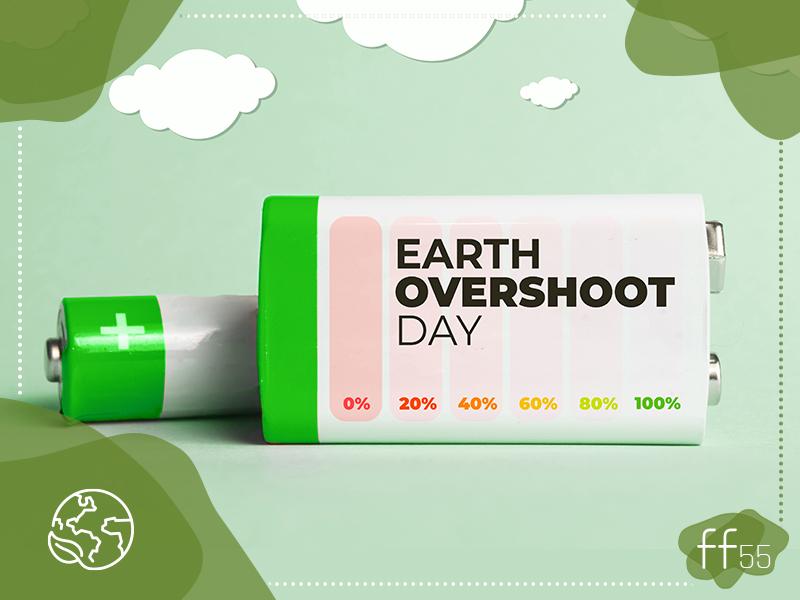We Europeans tend to think that we do everything we can to protect nature by reducing pollution levels, which is partly true: the vast majority of pollution is produced elsewhere. We are the ones though, who benefit from the products of those distant countries and we are the ones who can afford buying the newest technology that will probably help us to keep the planet habitable.
But is that so?
A Date That Show It All
An organisation, the Global Footprint Network measures a population’s demand for and ecosystems’ supply of resources and services. They then calculate when the former becomes higher than the latter and publish the date as the Earth Overshoot Day.
In 2022 this date is July 28 – a day before it was a year ago and 26(!) day before the date of 2020 when the pandemics held consumption back.

Wonder where European countries are in the calculation?
There’s no reason to be particularly proud – there isn’t a single European country (within or outside the EU) that would not reach the date before the end of the first half of the year (June 30).
China’s date of February 6 is followed by Qatar’ February 10 but Luxembourg would follow as a close third to overshoot on Valentine’s Day (February 14). Bulgaria would be the last EU-member to cross the line and Turkey the last European nation (June 9 and June 22).

#movethedate
As the Global Footprint Network states, “the current trend is not our destiny” and we tend to agree. However, we, both as individuals and as members of the society need to make the right decisions for and on behalf of the next generations: to ask politicians to step up, to use technology right so it can be a driver of sustainability and finally to do as much as we can to reduce our footprint. Remember: “what the planet needs is not a handful of perfect naturalists but billions of imperfect ones”.




